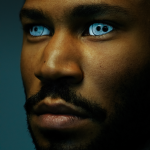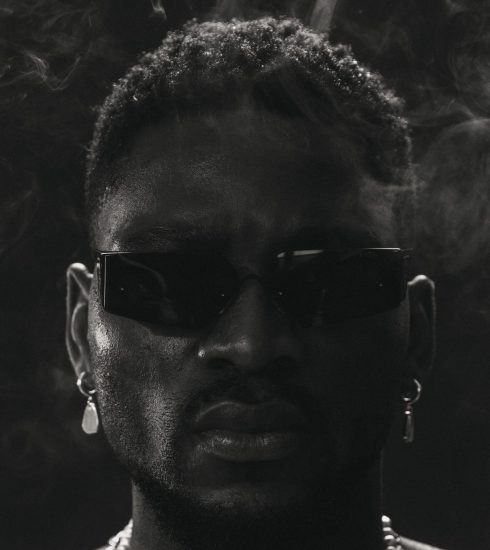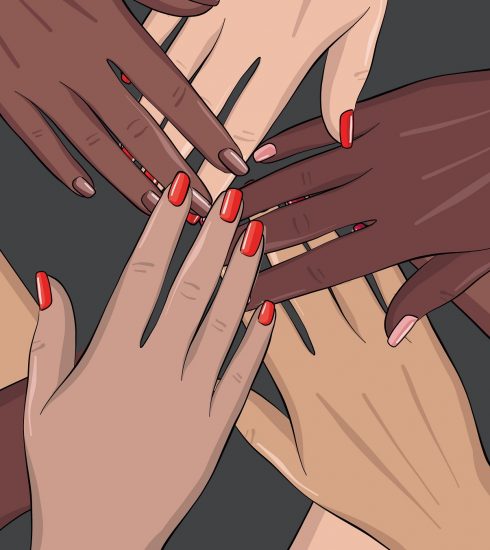Eno Essien: The Car-Tracking Whisperer
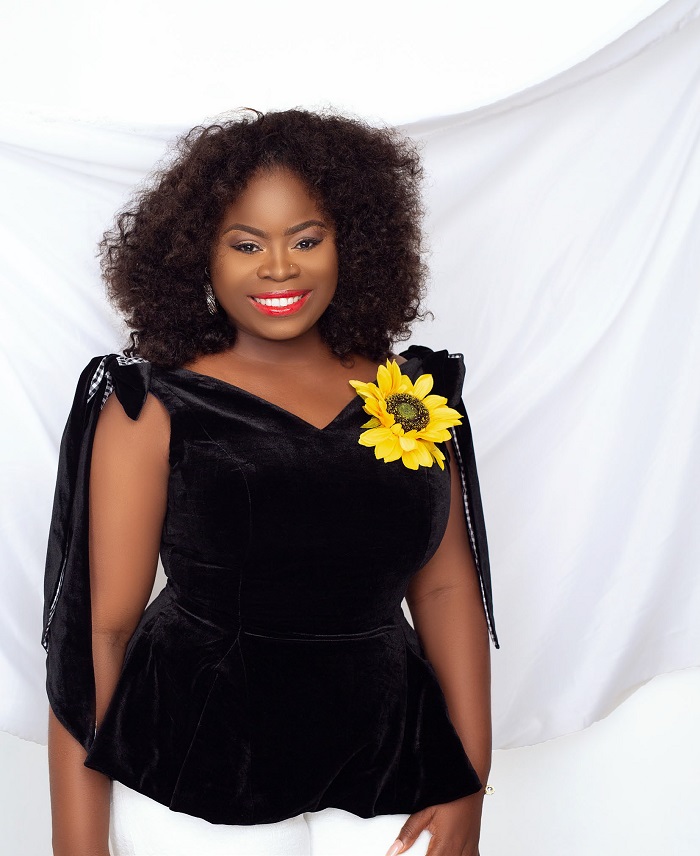
They say when life gives you lemons, make lemonade.
This is the story behind Eno Essien’s car-tracking business. It started when a robbery incident piqued her curiosity about whether there was technology that could track her friend’s stolen car. Sure enough, she found one, and the wide-eyed 25-year-old fresh out of school, fearlessly started Rheytrak, a car-tracking technology company. What’s particularly interesting is she is also a breast cancer survivor and has been free for ten years.
In this interview with TheWill DOWNTOWN Editor, Onah Nwachukwu, Essien tells her story about working in the technology industry, her major challenges and life after cancer.
You were one of the earlier women in the tech industry. Why tech in the first place?
I didn’t start to delve into tech; I read microbiology. It was my experience that led me into tech. I was robbed in my friend’s house, and just before then, somebody had told me about the GM car alarm, which was the technology before the vehicle tracking technology. So when my friend’s car got stolen in that robbery incident, I then called him up, and he explained, and I read about it. Then I felt there were still cars in Nigeria at risk of getting stolen. ‘There was a problem; why could I not offer this solution?,’ I thought. That was what took me into tech. It seemed that I was providing a working solution, and it’s been 16 years.
Is there an association for women in technology in Nigeria?
None that I know. I have yet to learn about them, if there are any. But in the UK and the USA, yes. Not in Nigeria that I know about.
When people first came in contact with you as a woman who is providing a solution for car technology? Was their reaction warm, or were they sceptical?
There was a mixture. I was also young when I started— 25 years old. So going into a company and sitting with the board and saying, this is what I want to do. They were like who is this child that has come in? So I had those challenges. And then I also had serious-minded people who believed in me, like May and Baker, who gave me my first job; they were my first clients. Then other jobs and opportunities started coming in, I recovered stolen vehicles, and everything started playing out.
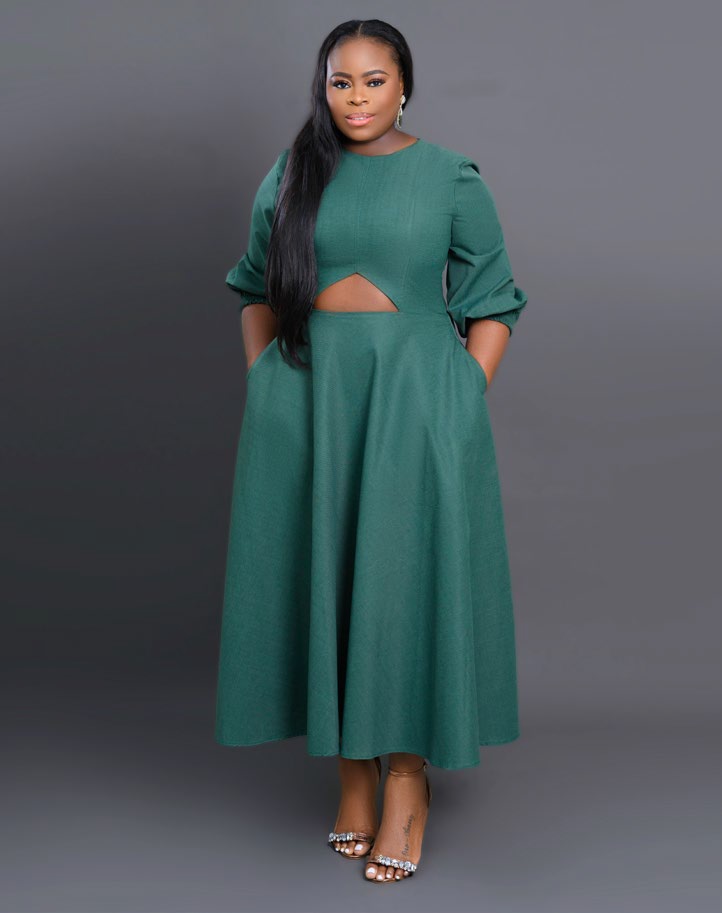
Were you scared going into technology, seeing as it wasn’t something you were familiar with, or did your passion drive you?
I wasn’t scared; I had no iota of fear. It’s even now I get afraid. But as of then, I wasn’t frightened. I saw something I wanted to do, believed it would work, was passionate about it, and was neck-deep into it. There was nothing anybody was going to tell me. So even when I started and employed staff, I never knew I would have the challenges I eventually had because everything was perfect in my head.
Car security technology has grown way beyond our expectations.
Can you put us through the different phases?
There have been changes. For instance, the technology we started with differs from what we use today. Now you can download an app and check where your vehicle is. Then you would have to send an SMS, so the technology has changed. When I started, I would have to sit outside my office to get a good signal.
Internet service has greatly improved.
It can be much better and should be better, but it has greatly improved.
So technology from 16 years ago has advanced, and new features for the tracking device keep coming up.
What new technology would you say is the best thing that your company offers?
We are selling the convenience of logging into an app we work with from your mobile phone to see where your vehicle is at any point in time, when it is stolen, or even without it being stolen. And then the peace of mind that when this vehicle is stolen, we will find it no matter where it is.
We’ve recovered cars in totally unexpected places that even if you tell security agents to go there, there’s no way they would have found the vehicle.
So you have a specific type of technology that is rare in Nigeria?
Vehicle tracking technology is similar to the Global Positioning System(GPS). Now the reason why we are a step ahead is being able to train the staff of Rheytrak to be proactive. So the moment you call us, we have a 24-hour response time and respond immediately. Let me give you a typical example: we had a stolen vehicle about six weeks ago. It was stolen weeks earlier in Owerri, and the client called us because he didn’t have a valid subscription. So one day, he decided to try his luck because he heard that we always recover vehicles, so he called us two weeks after his vehicle was stolen. Guess what, we found the car, he couldn’t believe it. When we find these vehicles, we deliver them to the nearest police station. He got his car.
How far do you think technology will go in terms of being able to recover cars?
They are going as far as your car can read the data about the car’s owner.
Even further. Anything can happen, and we must see what the people ahead in technology can develop.
In running your business daily, what are some of the difficulties you face as a woman in Nigeria?
We run on telecommunications(telcos) companies and use SIM cards and network coverages. The coverage has improved, but it can be better. Sometimes we have challenges with the network; it’s like with us, we kept trying to talk on the phone, and the network kept going off. We look forward to a time when we can have an uninterrupted phone call. We face these challenges because we rely on the telcos as the backboard. Another challenge is that staff need to realise that they are working in this organisation, and it is supposed to be a win-win.
There are staff who are not exactly loyal, and we also have those challenges. Day to day, there is traffic while trying to meet with our clients and keep to the scheduled time, and the unforeseen circumstances, especially the traffic. The cost of transportation has also doubled. And then the exchange rate is horrible. The vehicle tracking industry is a market that is not regulated, so you find that the amount we were selling five years ago is the same as we are selling now, and the exchange rate is no better. It has tripled since then.
And you are the only licensed female CEO in the vehicle tracking industry. How does that make you feel?
Initially, it used to get me so excited. Now I mean, it will be nicer to have more women come together; let’s work together. Let’s lift each other. The tearing down is more than the lifting up, so having more women come together will be nice because when you win, I win.
Have you attempted to see how you can have other women in technology, maybe have a course or training programme where you can mentor young people?
I don’t have a training programme, but I attend conferences where I get to speak with these people. For instance, I had one four Saturdays ago, and what I do in these conferences is try to share my own story. I think it’s a relatable story. I’ve never worked for any other company. I don’t have any work experience outside my field, so I graduated from school and went straight into business. I share my experience and let them know that if I can do this, they can do it too.
So I do more of inspiring and pushing them.
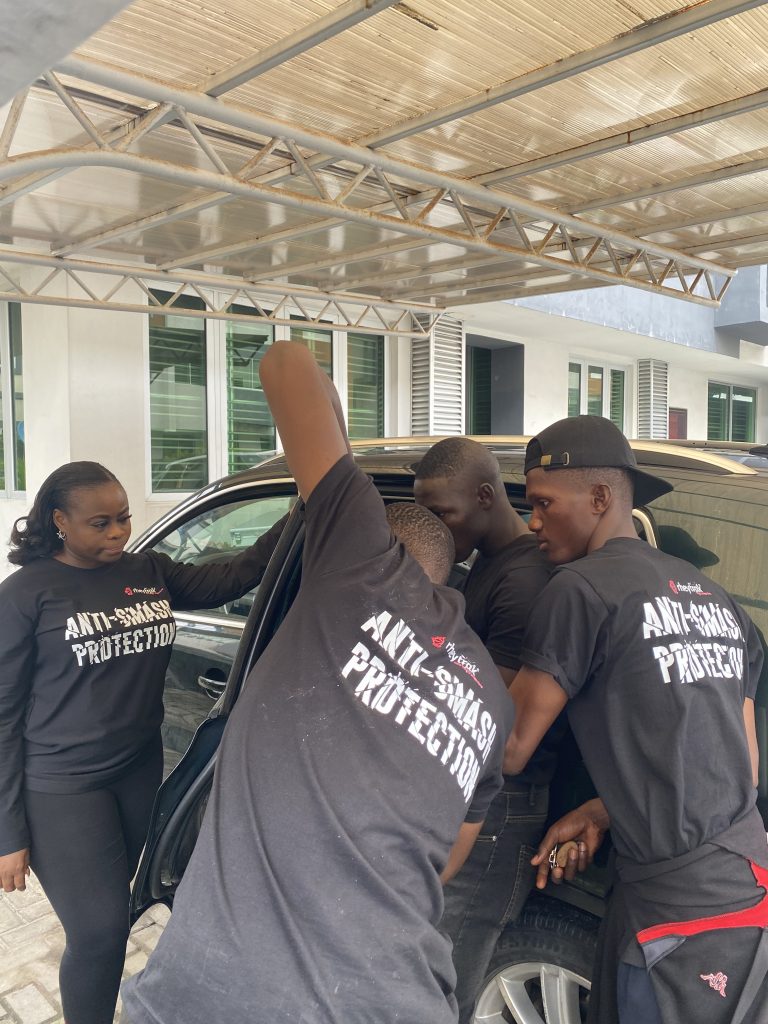
As a mother, how hectic is this line of business?
Some days can be very hectic; some days, I’m on the road, and others are not as busy. But I’m not sure there is anything such as balancing. I say that I try to juggle it all and fit everything in. Before COVID, I always went to work, commuting from the mainland to the island. And then COVID happened, and we realised that all that commuting on the road was unnecessary, and we stayed in our houses. At that point, I started working from home, so that way, I’m able to do my job and also be there for my daughter.
So it’s some work-life integration. It’s not balancing.
And you do all of these with your commitment to being a member of the Lagos Business School Alumni Association council and being a Public Relations Officer for the Association of Telematics Operators in Nigeria. How did that come about?
So we have an association for those of us who provide vehicle tracking service. I was voted into it some years ago, so it was a position given to a few of us in the exco.
What is it like now, 16 years later? How do you feel, and what do you hope for the technology sector regarding vehicle tracking?
Sixteen years later, I’m fulfilled and glad that I’ve made a promise to my clients, and I’ve fulfilled that promise. I’m happy because these people never expect their vehicles to be recovered.
Whenever we recover a stolen vehicle, it’s like winning the jackpot. So 16 years of doing that, I am glad I’ve been able to stick to my word because you can go into a business with promises that don’t get fulfilled. I interact with other companies; they make promises, buy things, get those things, and what you pay for is not what you get. So I’m glad we’ve been able to do that at Rheytrak.
Then for the technology, I look forward to improved technology and improved network coverage in Nigeria, enhancing our business because the telcos are the backbones. They are the ones we ride on. There was a time about two years ago that there was a ban on the sales of SIMs. We use these SIMs, so you can imagine what that ban did to the vehicle-tracking industry. It was tough for us, in particular, but because we had stock, we could function. Some of these policies need to be reviewed before they are made.
Because I know people whose vehicle tracking businesses packed up because they couldn’t deliver; they didn’t have the SIM. So technology in Nigeria can be better.
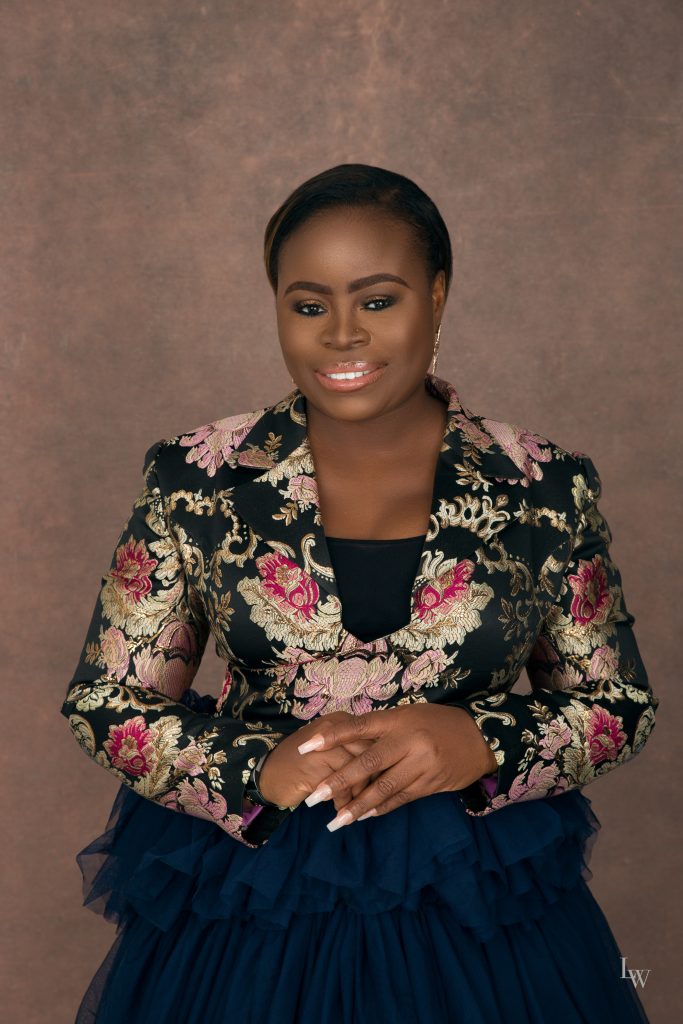
Let’s move to something a bit more personal. How many years ago were you diagnosed with cancer?
I am 10 years free this year! And I hope to do something in October.
How does this make you feel?
Thankful that I went through the fire and came out unscathed. I am really thankful, mainly because I didn’t know people survived cancer when I was diagnosed. So I thought it was the end, but thankfully I had access to Medicare, and they were constantly explaining the processes every step of the way. Remember, I had treatment in the UK, so before I went into any form of treatment, they explained the steps and procedures and gave me some hope. I went through chemotherapy, radiotherapy, and tamoxifen.
So I’m glad that ten years after, I’m living, and I’ve been able to inspire; in fact, I only need to hear that someone has cancer, and I ask for their name and phone number. They can keep their hopes alive when they see that you have been through the same things and you’re standing strong.
Were there times, even now, that you were a bit anxious that it might return?
In the beginning, maybe the early two to three years, you have one pain and think, ‘oh my God is this cancer?’ You have one headache, and you are scared. I’ve often had to rush to the hospital, asking them to check if there was something wrong cause I was feeling a certain way. It’s normal; those fears arise, especially when you hear other people’s stories. There was a lady I reached out to when she had breast cancer and was fine three years after. Now she has it in her stomach. So those fears happen, but I’m a Christian and strongly believe in God’s word. When the illness happened, I did a lot of Bible study, and I quoted and still quote a lot of healing scriptures, so when I feel funny, I stand on that word, I just stand on that word and say when I’m healed, I’m healed completely.
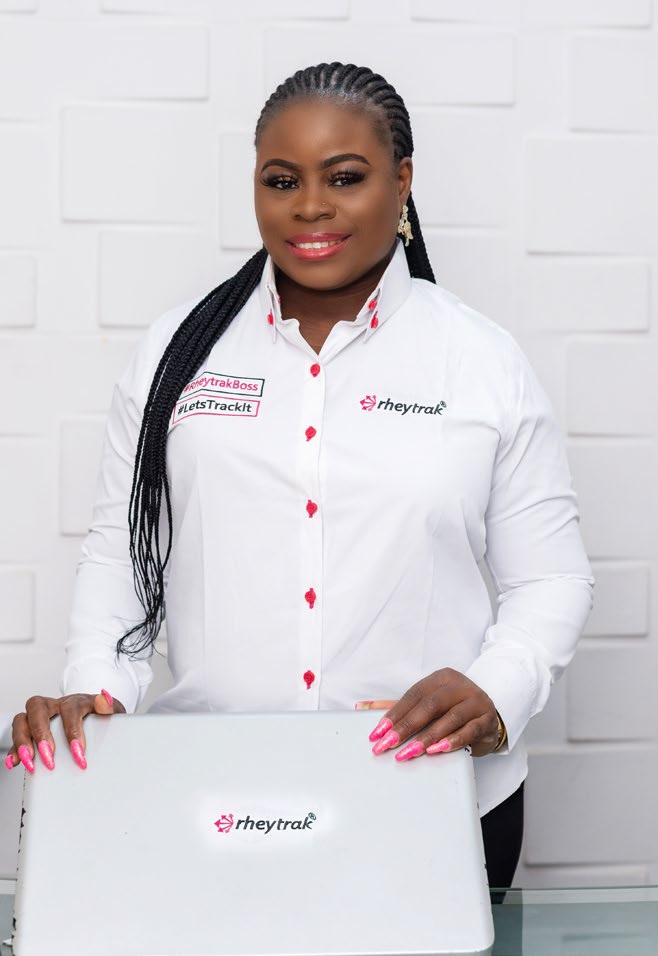
How did you cope while you were working?
What was it like mentally dealing with that and running your business?
I left because I needed space. I used to have this 24-inch desktop computer; it was a giant computer. I carried it to the UK, so I used to work in between. Nobody knew I had cancer, I didn’t discuss it, and they didn’t even know at work.
The story then was that I was going to school. It was like four years after when I spoke about it before people knew what it was. I did this because I didn’t want to be discriminated against, so it was more of a fear. Even the late Ibidun once said to me, “no, that is not your stigma; it is their stigma, the person trying to stigmatise you.”
So I packed my things and went to the UK for my treatment, and nobody knew at work because I was still working. Once I had the treatment, I chilled, and I got back to work the moment I was better.
What are you hoping for your business, Rheytrak Limited, as the first female CEO for car tracking technology?
First of all, COVID taught me that we can’t plan long-term anymore because nobody saw what happened in 2020 coming. However, when people think of tracking, I want them to Rheytrak. That should be like number one. You know how you are thinking phone, and you’re thinking iPhone? I want a car in every home to have our tracking device installed. I want us to stand the test of time because these are challenging times now, and I know that many businesses are going under, so I’m working and trusting that we are still here and that the name Rheytrak will become a household name.
A lawyer by training, Onah packs over a decade of experience in both editorial and managerial capacities.
Nwachukwu began her career at THISDAY Style before her appointment as Editor of HELLO! NIGERIA, the sole African franchise of the international magazine, HELLO!
Thereafter, she served as Group Editor-in-Chief at TrueTales Publications, publishers of Complete Fashion, HINTS, HELLO! NIGERIA and Beauty Box.
Onah has interviewed among others, Forbes’ richest black woman in the world, Folorunso Alakija, seven-time grand slam tennis champion, Roger Federer, singer Miley Cyrus, Ex Governor of Akwa Ibom State, Godswill Akpabio while coordinating interviews with Nigerian football legend, Jayjay Okocha, and many more.
In the past, she organised a few publicity projects for the Italian Consulate, Lagos, Nigeria under one time Consul General, Stefano De Leo. Some other brands under her portfolio during her time as a Publicity Consultant include international brands in Nigeria such as Grey Goose, Martini, Escudo Rojo, Chivas, Martell Absolut Elix, and Absolut Vodka.
Onah currently works as the Editor of TheWill DOWNTOWN.


